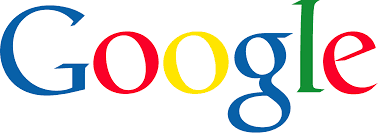If Google Didn't Exist
1/23/2018

If Google's or Bing's search engine didn't exist to act as a centralized search engine, how could a decentralized search engine would work on a blockchain?
One could make a strong argument to build an open blockchain search framework. It would take a similar approach to google.com and bing.com -- but would do it with an implementation of blockchain to create a much more decentralized and expansive strategy for search, according to Charles Manning, CEO of Kochava, an analytics company that recently began building out services for blockchain called XCHNG meant to handle millions of transactions per second to support the online advertising industry.
A search engine without Google AdWords or Bing Ads to serve ads would require a blockchain format to support disparate smaller search engines, publisher sites or retail website that otherwise would not have access to the information. They would not need to use AdWords or Bing Ads, or even platforms from adMarketplace, Criteo and others.
Dozens -- and perhaps hundreds -- of sites would contribute to the search engine. Like many of these decentralized projects, Manning said, one innovation begets another.
Manning described a decentralized crawling strategy where different nodes on the blockchain network would act as miniature crawlers, similar to the way Google and Bing crawl and aggregate information from across the web.
Those who owned the miniature crawlers would contribute the information to one big database and earn tokens for the sites participating in ad auctions.
"There's a whole business you can potentially unpack, but it's less about how search impacts the buying and selling of advertising or the terms of the contract and more about exploring a new ideation of how search can manifest in a decentralized way," he said.
In the early 2000s, Google told people searching on the web to just enter a term. Even if they didn't know what they were looking for, Google got people to enter a keyword and in exchange the engine translated what they thought people intended to say and served up the results, he said.
"Google made it work, which was the impressive feat," he said, "and on the back of it built a fantastic advertising business."
One caveat -- it's not an idea Manning has thought about before this conversation, so it's not well formed, but an interesting idea nonetheless.
